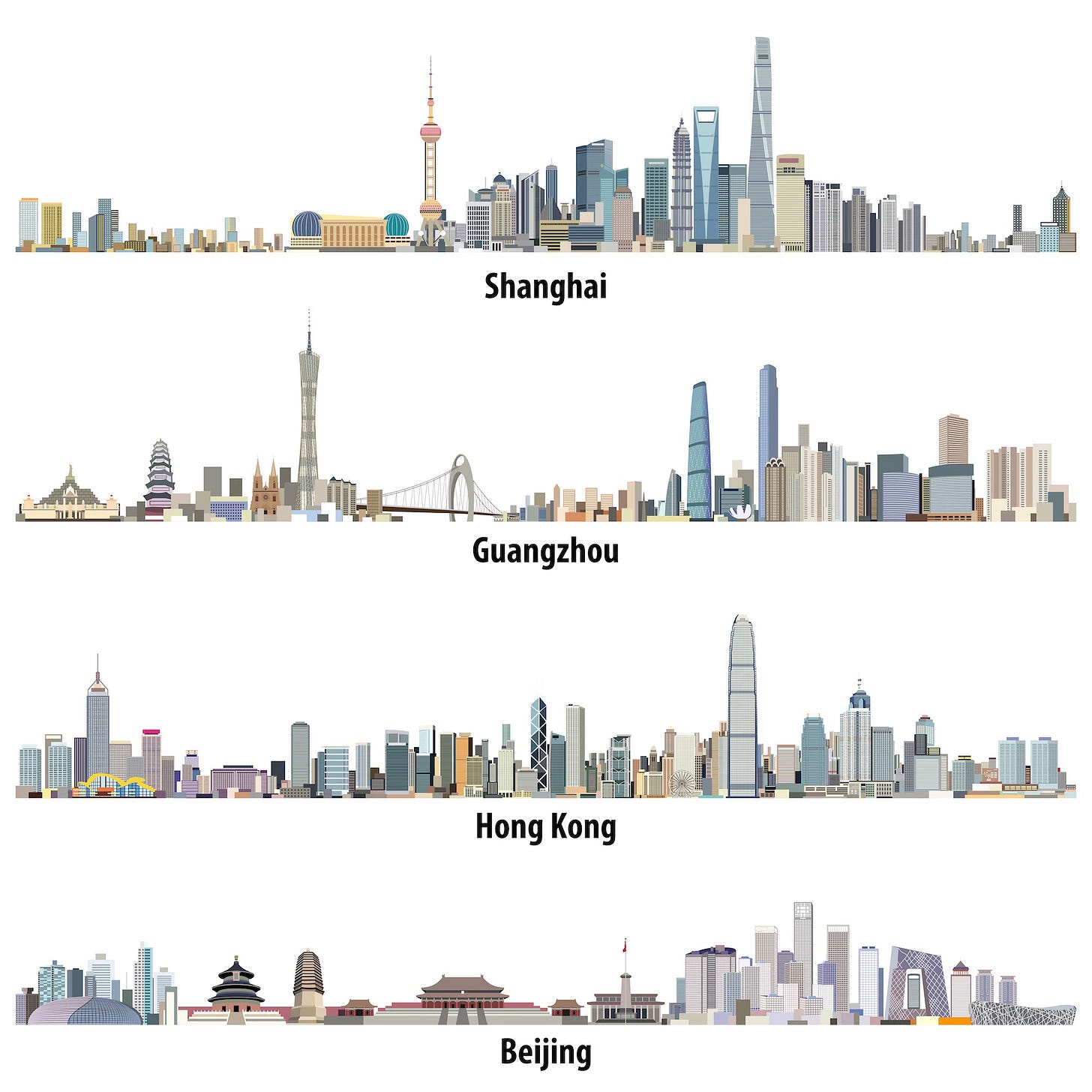The Chinese Concepts Series
Why I’m Starting a New Series on Chinese Political & Cultural Concepts
First, an apology — it’s been about 2 weeks since my last post on A Polite Lie. I’ve been head down / tail up, launching our IP development hub and migrating our Global Publishing Strategies course to its new home (announcement soon!).
In the meantime, I’ve been quietly working on something else — a new cross-platform series that I think many of you will enjoy.
The Chinese Concepts Series: Why Now?
There’s been a lot of global attention on China’s actions — trade wars, diplomatic friction, climate commitments, AI ethics, and everything else you can think of. But far less attention has been paid to China’s ideas.
I think that’s a mistake. Because behind every move is a mindset. Behind every policy, a philosophy. Behind every slogan, a centuries-old concept, usually cloaked in poetic brevity and shaped by Confucian, Daoist, or Legalist thought.
The Chinese Concepts Series is my attempt to unpack some of these key terms — not with alarm or adoration, but with nuance.
I’m starting with four:
百家争鸣 Hundred Schools of Thought
→ Why intellectual diversity is a strength — not a threat.实事求是 Seeking Truth from Facts
→ How China talks about evidence-based thinking in a post-truth world.天下为公 The World Belongs to All
→ A classical ideal of shared governance, now used in global cooperation speeches.命运共同体 Community of Shared Destiny
→ China’s preferred frame for interdependence in the face of climate, war, and tech disruption.
Each one will be explored in multiple formats:
Short videos on Xiaohongshu and WeChat Channels
Thought-leadership posts on LinkedIn
And here on Substack: longform reflections and deeper dives
🧭 Bridging Two Worlds
If you’ve been following me for a while, you know I’ve long worked at the intersection of translation, cultural intelligence, and publishing. This new series brings all of that together.
It’s also an invitation. If you’re China-curious but wary of propaganda, if you want to understand what these terms actually mean in context — not just how they’re weaponised in headlines — this series is for you.
And if you’re already inside the Chinese cultural sphere, maybe these reflections will help you articulate your own thinking more clearly to the world.
Either way, I hope you’ll come along.
©2025 Shelly Bryant


